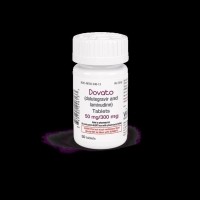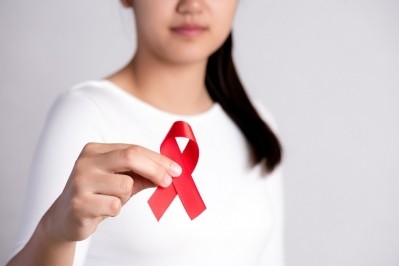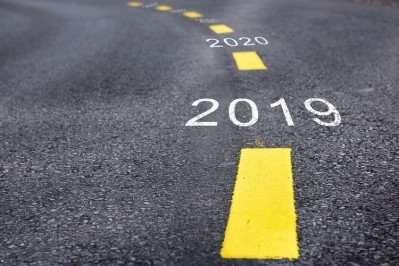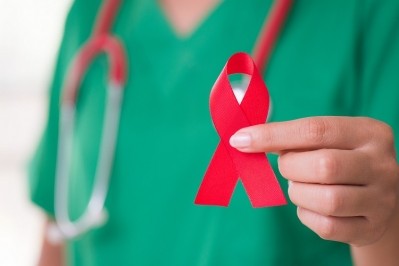GSK gets first approval for two-drug HIV treatment
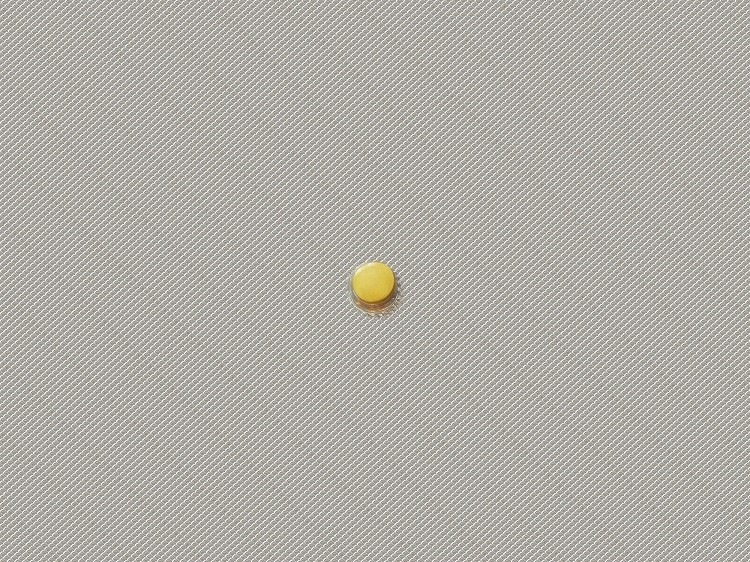
The two-drug combination comes in one pill, meaning that patients are able to take one tablet daily to manage the HIV infection.
In clinical trials, Dovato, comprised of dolutegravir 50mg and lamivudine 300mg, proved non-inferiority compared to a three-drug regimen of dolutegravir and tenofovir disoproxil fumarate/emtricitabine, in treatment naïve patients.
Pedro Cahn, principal investigator for the clinical trial program, said, “Treatment-naïve people living with the virus have a powerful option that delivers non-inferior efficacy to a dolutegravir-based three-drug regimen, allowing them to take fewer ARVs and get and remain suppressed.”
The treatment is currently under review by the European Medicines Agency, as well as regulatory authorities in Canada, Australia, Switzerland, and South Africa.
Current standards of care see patients take combination therapies of three drugs; this includes a rival in the space, Gilead, which possesses the recently approved anti-retroviral drug (ARV), Biktary (bictegravir, emtricitabine, and tenofovir alafenamide).
According to GSK, which will commercialise the drug under its ViiV Healthcare subsidiary, the advantage of its two-drug treatment is reduced exposure to ARVs, with patients avoiding the additional side effects that arrive with additional drugs.
Jeff Barry, of the Test Positive Aware Network, suggested that reducing the number of drugs involved in the therapy for patients adhering to the treatment could “help address concerns arising from overall management of prolonged ARV therapy.”
Dovato is the second treatment that GSK has brought to market that uses a two-drug formulation to suppress the HIV virus, with Juluca (dolutegravir and rilpivirine) also being approved but for patients that have previously received treatment.
The WHO estimates that there are 36.9 million cases of HIV and AIDS worldwide – a population size that saw GlobalData suggest that the market for supplying therapies could be worth $22.5bn (€19.9bn) by 2025.
